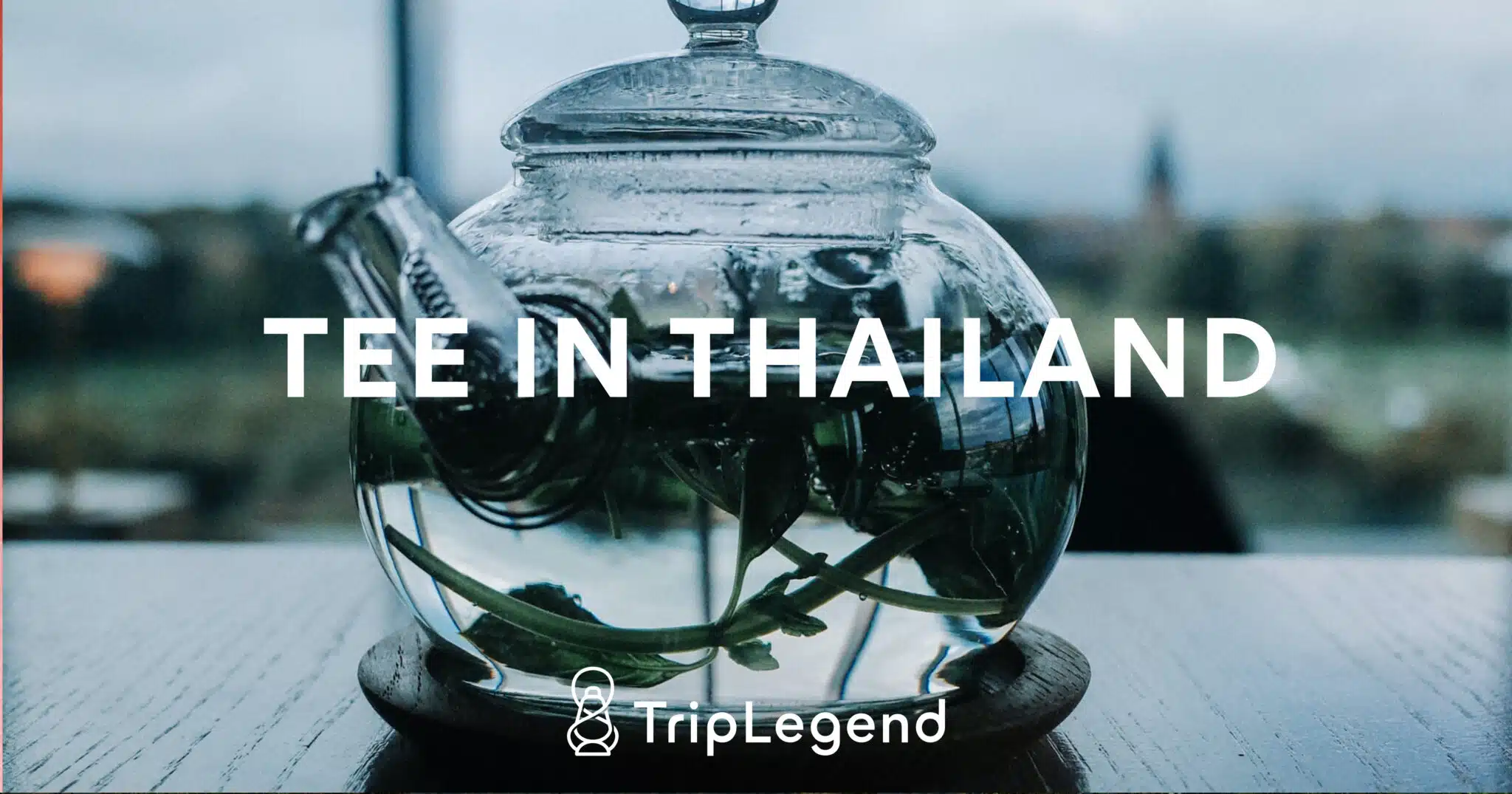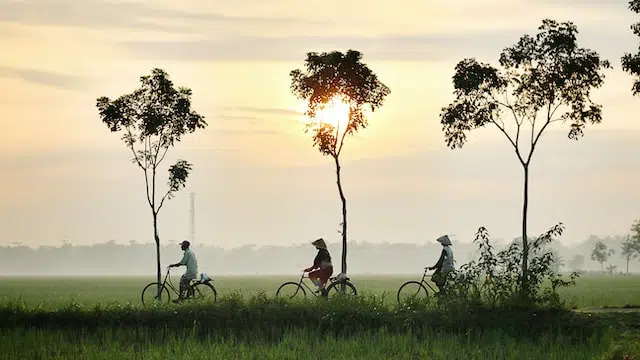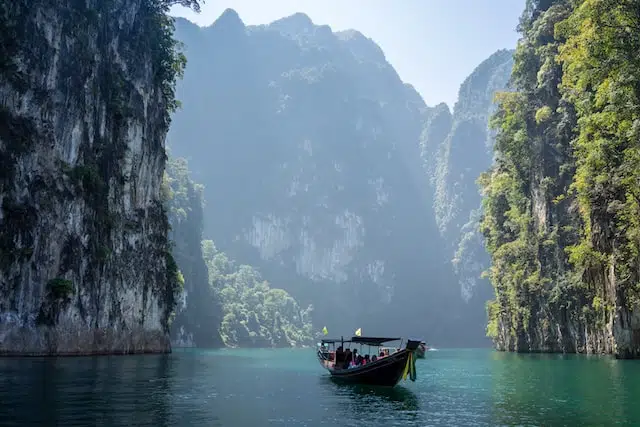History of Thai tea
For the History of tea in Thailand a distinction must be made between the highly commercialized tea cultivation and the much earlier tea cultivation for personal use without exception. In contrast to other Southeast Asian countries, tea in Thailand does not have a completely separate tradition. The history of the Chinese tea consumption play a major role. It is well known that the northern mountain regions of Thailand came into contact with Chinese tea culture around 200 years ago through their connection with Burma and subsequently planted and consumed tea themselves. However, it is no longer possible to reconstruct exactly when tea drinking was introduced there.
The Commercial and cultivated cultivation of tea in Thailand can only be traced back to the 20th century. Once again, the border region with Burma and Chinese tea use are partly responsible. At this time, many Kuomintang soldiers who were unable to stay in China due to the success of the revolutionary army migrated to the Thai mountains. There they carried the tea traditions from China. In combination with the state-royal sanctions against opium cultivation, which had been heavily practiced in the Golden Triangle, the cultivation and sale of tea experienced an economic boom.
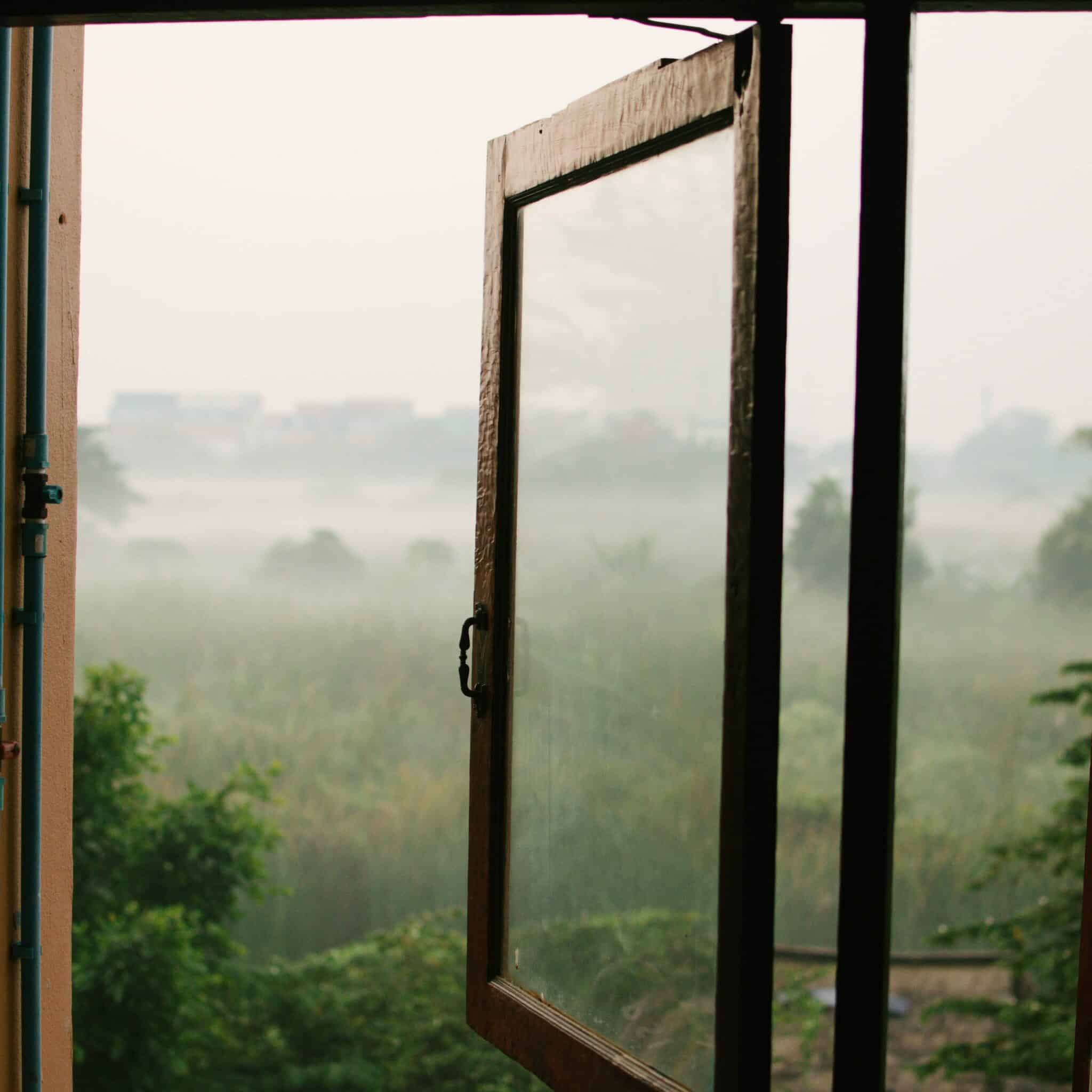
Tea growing regions
The Cultivation of tea in Thailand mainly takes place in the northern and north-eastern regions of the Asian country. The plantations are mostly located at higher altitudes. The soil and air conditions in the mountains have a positive effect on the taste and quality of the tea.
In particular Doi Mea Salong in the Chiang Mai Province is ideally suited for cultivation due to its ideal climate. The region is primarily known for the cultivation of oolong tea. Although the hills in Doi Mea Salong are covered with tea gardens, the cultivation area is limited. In addition to its unique taste, North Thai tea is also considered to be of special value because of this limitation.
As a result of the royal development plan, the following is now being developed in Doi Tung Tea is grown here, although this was originally a poppy-growing area.
In most cases, tea is grown and processed in the traditional way, but some producers are now focusing on sustainable agricultural practices and growing organic tea. Their products are of particular interest to markets that focus on environmentally friendly products.
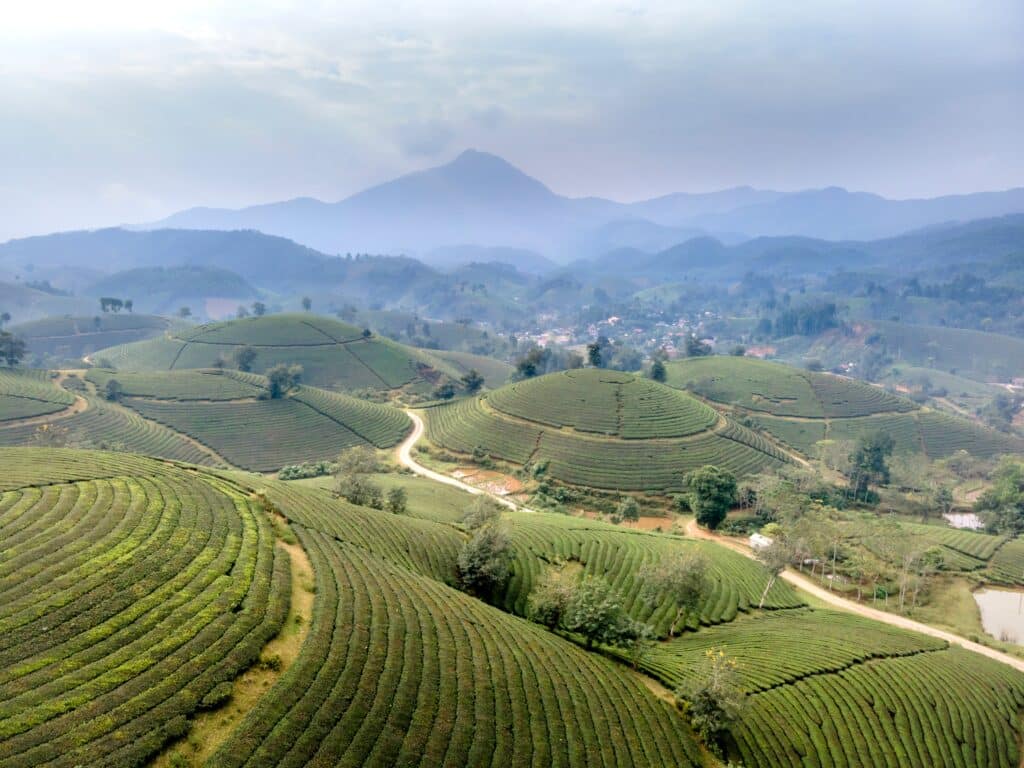
Thailand's most popular teas
The most popular in Thailand is green tea and is produced and served in many different variations. Thai green tea is known for its freshness and mild taste. However, in addition to green tea, other types of tea are also grown, sold and drunk, for example Oolong teaThis is a strongly aromatic tea that is particularly popular as it tastes strong but has a very low caffeine content. Thailand is also known for its Jasmine tea. Green tea is flavored with jasmine flowers, which take the bitter note out of the original drink. In the meantime, the black tea has found its way into Thai tea culture.
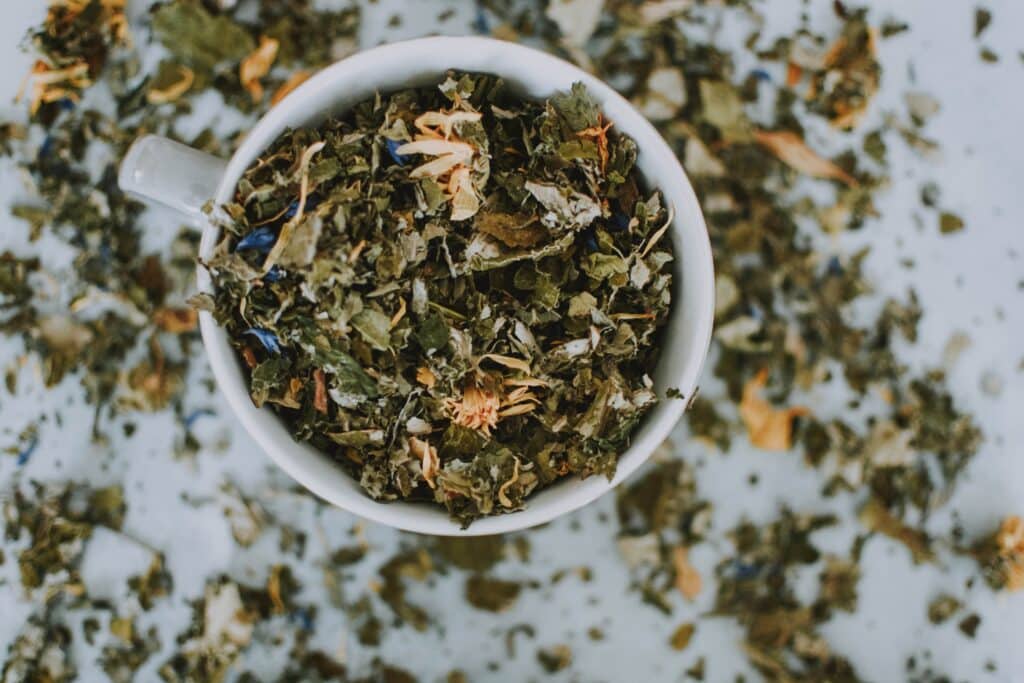
Tourism
The plantations have become popular tourist attractions over the years. You have the opportunity to visit them on site and even taste the tea grown there.
Doi Mea Salong in particular is a must for tea lovers: the small town in the mountains can only be reached via narrow, winding roads that climb higher and higher, kilometer by kilometer. The drive alone is worth it for the green landscape and the spectacular views over the hills. But at an altitude of around 1600 km, the real highlight awaits you, the small town whose appearance is characterized through and through by tea, its cultivation, processing and marketing.
Tea in Thailand
The tea in Thailand and its cultivation harbors some great Advantages for the country's indigenous people. In addition to economic opportunities, the plantations also offer the possibility of preserving and promoting the culture and traditions of the former Chinese immigrants. As well as establishing their own tea culture in Thailand.
Are you interested in tea cultivation in other regions? Then take a look at the articles on Tea in Kenya and Tea in Sri Lanka over.
You can also find more inspiration on Instagram and Pinterest.
